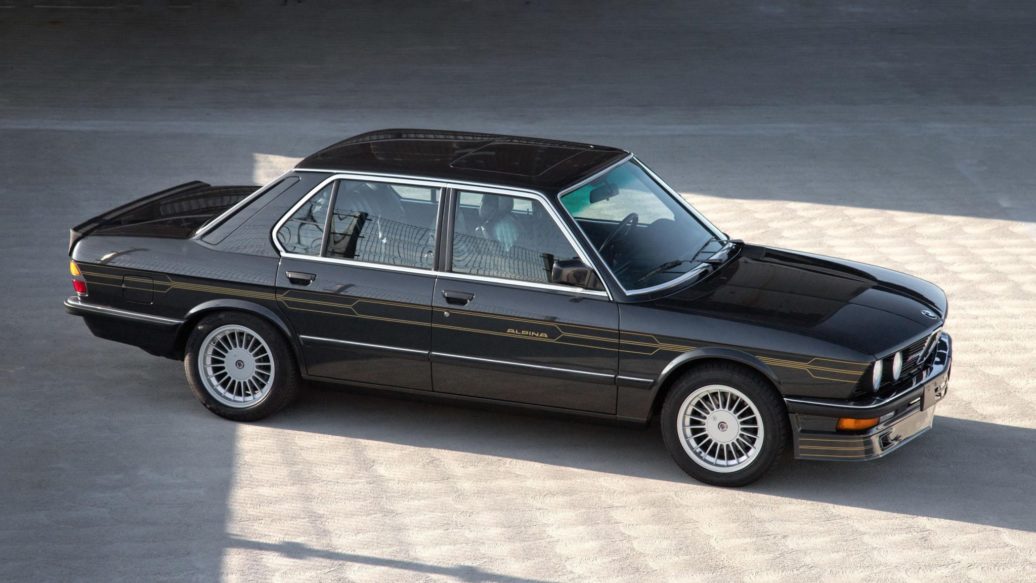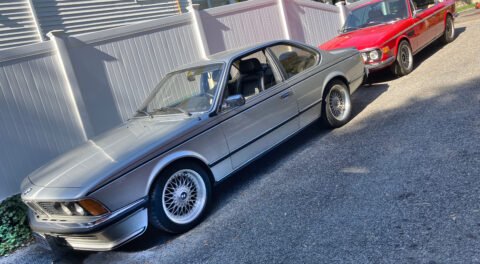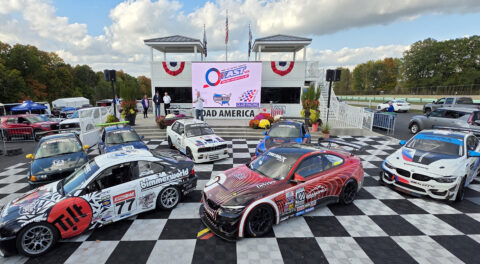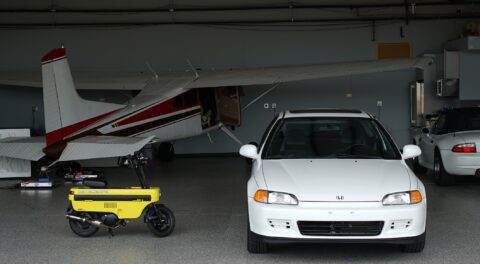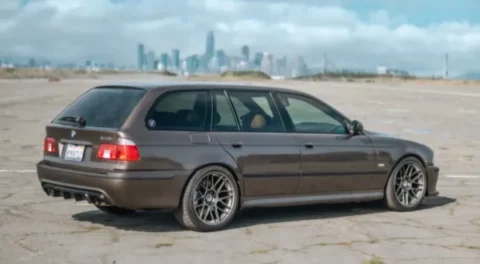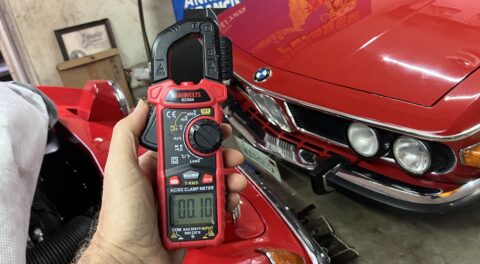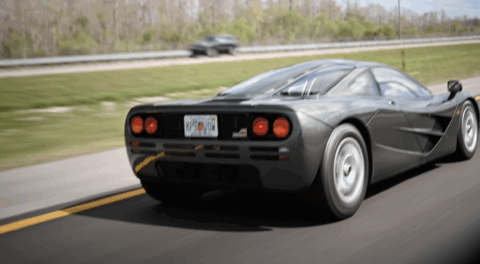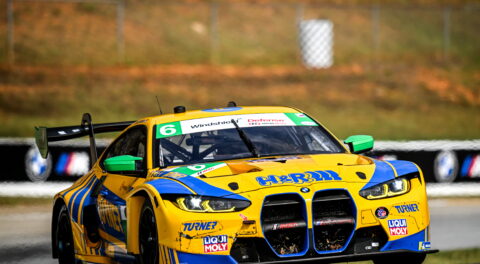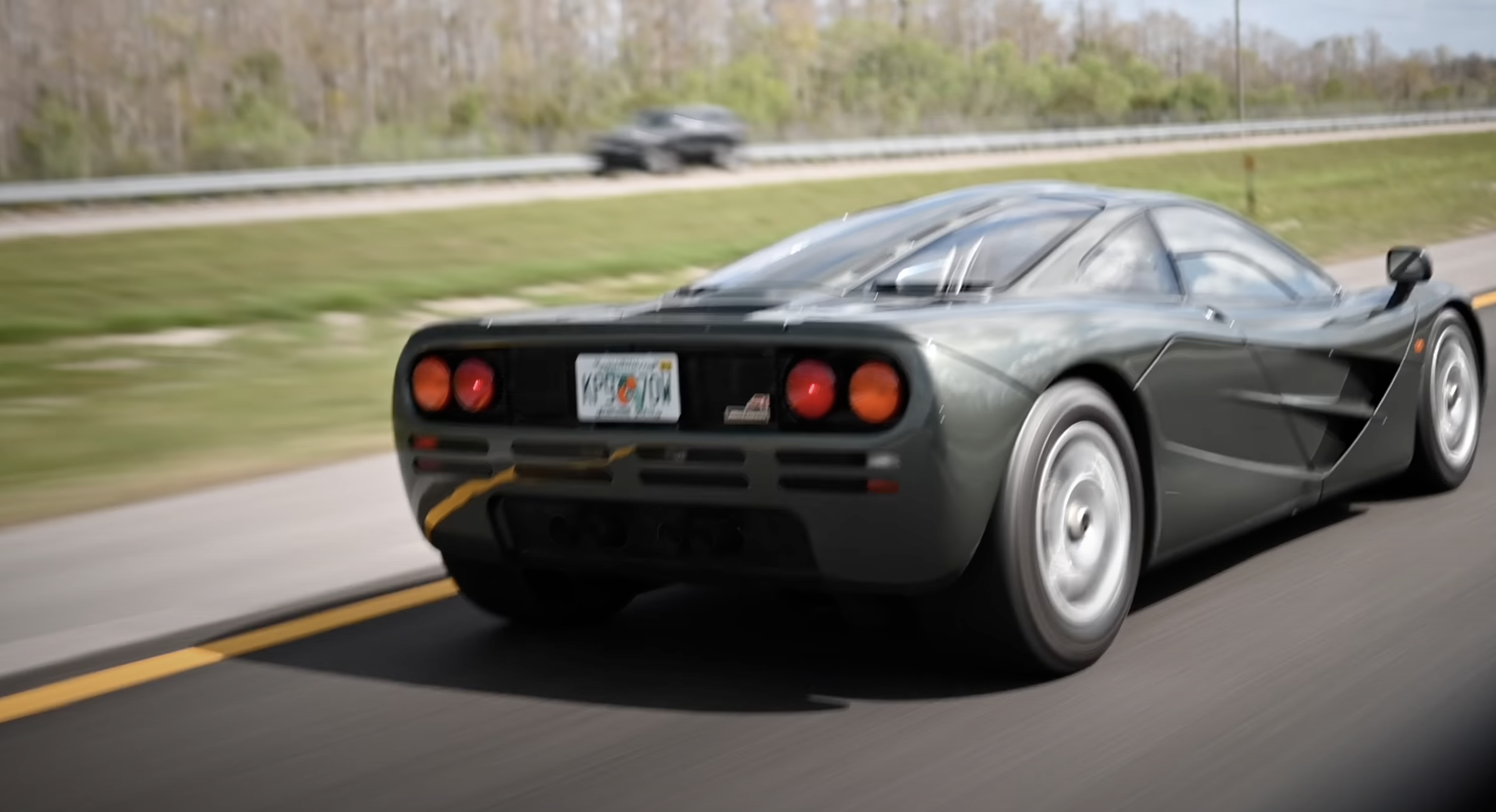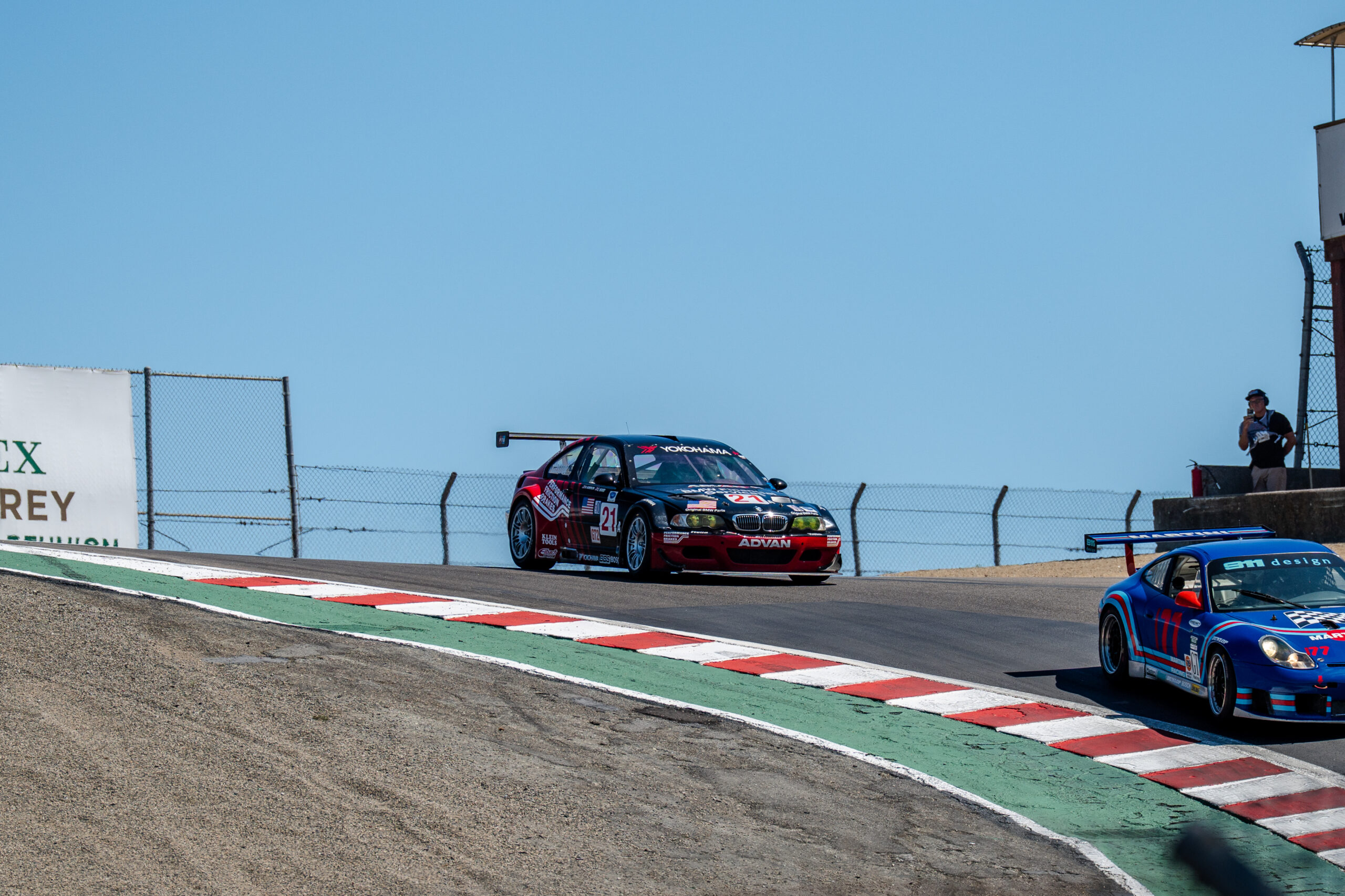By the time the E28 M5 took the world by storm in the mid-1980s, Alpina had already been modifying the BMW 5 Series into the world’s fastest sedan for a few years. It started with the E12 5 Series chassis, which Alpina used as the basis for the Alpina B7 Turbo S, but continued, and hit a veritable apex with the E28. While the M5 of the period used a twin-cam engine with individual throttle bodies and motorsport lineage to make a performance statement, Alpina indulged in the elixir of the era, and used turbocharged forced induction to allow its cars to exceed expectations—and the performance of the competition, no matter how exotic or impractical.
From 1984 until July of 1987, Alpina produced 236 B7 Turbo sedans, all of which used the formula of a 3.4-liter BMW M30 inline six modified with a single KKK turbocharger, lightweight Mahle pistons, and supporting changes like a performance cylinder head, camshaft, and a reprogrammed Motronic engine management system. The result was approximately 320 horsepower and more than 375 pound-feet of torque, enough to propel the E28-based Alpina B7 Turbo from zero to 100 kmh (62 mph) in the five-second range—incredibly capable for its time.
Before building of the conventional Alpina B7 Turbo ended in July of 1987, a version using catalytic converters in its exhaust system was put into production from August of 1986 until December of 1987. Just 42 Katalysator variants were produced during that time, but the addition of the catalytic converters did little to diminish output, with 300 horsepower and roughly 370 pound-feet of torque on tap.
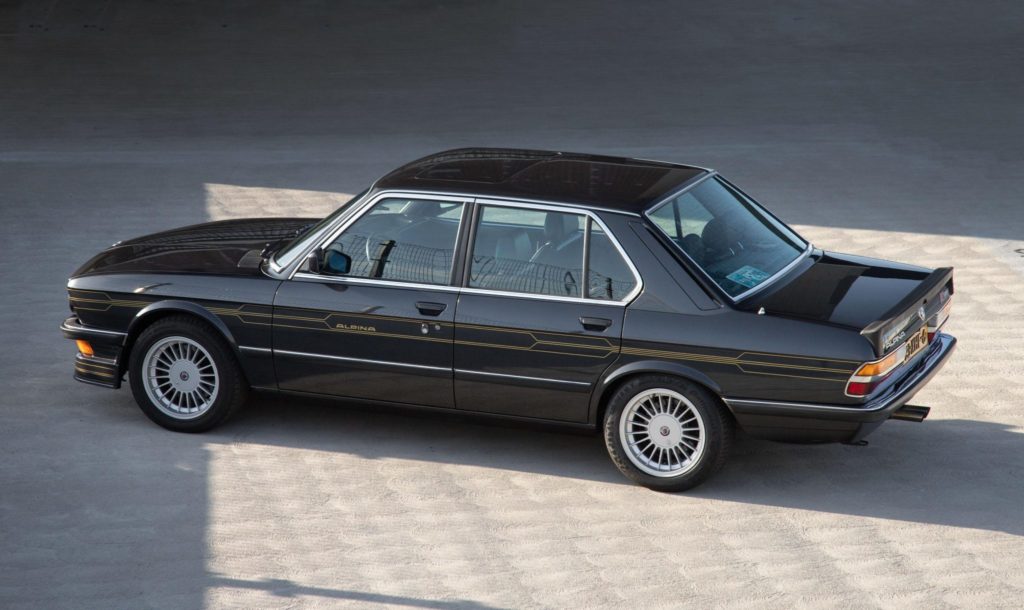
These days, any genuine Alpina from the Buchloe-based tuner-turned-manufacturer’s heyday is rare and sought after, but the E28 B7 Turbo occupies the hallowed ground of being one of the most capable cars for sale from any make during its time. The model was never sold in the U.S., but that hasn’t dampened the enthusiastic desire many BMW aficionados feel when reading about them or seeing one in the flesh. Thanks to Alpina, the B7 Turbo was where the boundaries of turbocharging technology were being explored before the company effectively threw down the gauntlet with the E34 B10 BiTurbo, which benefitted from more than $3,200,000 in terms of development spending.
In a recent auction on Bring a Trailer, one of the 42 Alpina B7 Turbo Katalysators produced was sold, and the hammer price of $162,535 made a statement almost as large as the performance of the car when it was new over 30 years ago. The 243rd of 278 Alpina B7 Turbo examples produced in total (236 non-catalyzed, 42 with catalytic converters), the car sold on Bring a Trailer was produced in October of 1986 but first registered in March of 1988, and was imported to the U.S. earlier this year. Aside from not-unexpected refurbishment taking the form of replacement stripes, cosmetic attention given to the body, and replacement parts like the head gasket, single overhead camshaft, and an Alpina exhaust system with dual catalytic converters, the car remains close to its factory original specification, and clearly appealed to buyers.
The result was the highest price paid for an Alpina B7 Turbo sold at auction in the last five years, and a premium of more than 55% over the previous record-setting sale which hammered for $91,500 in 2017. For perspective, that’s also more than the most expensive E12 Alpina B7 Turbo S, which sold for the equivalent of $157,000 back in 2019.—Alex Tock
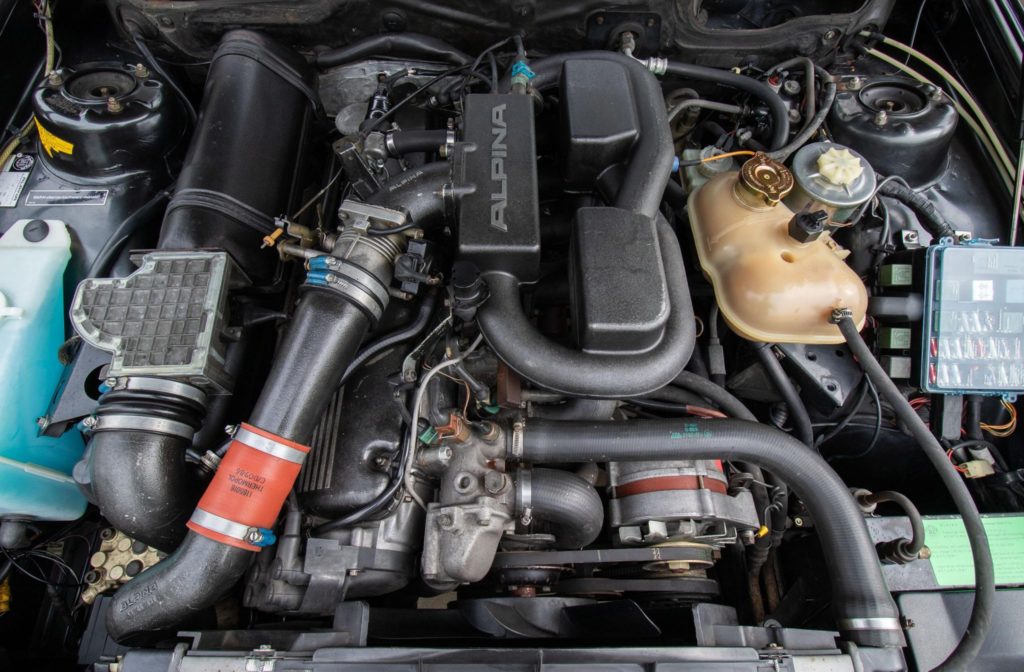
[Photos via Bring a Trailer Media LLC.]

